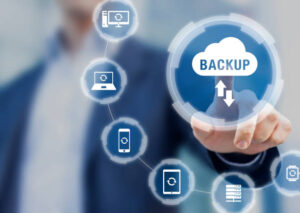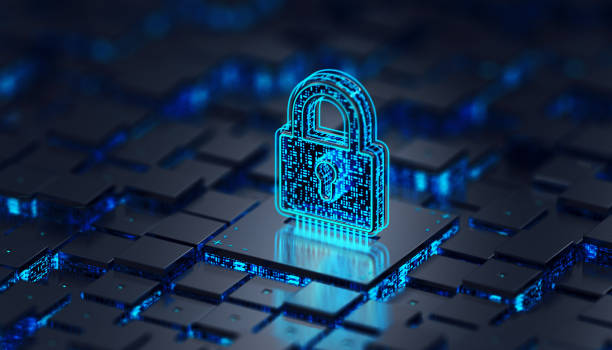Introduction
As a virtual assistant, handling sensitive client information is a big part of the job. But how do you ensure that client data stays safe, especially when you’re working remotely? Data breaches and security risks are real concerns in today’s digital world, and as a VA, it’s your responsibility to protect the information entrusted to you.
Dear Future Forward Freelancers, let’s break down some best practices that can help you safeguard client data even while working remotely.
.
1. Use Secure Tools
Your first line of defense is choosing the right tools. Whether it’s email, file-sharing platforms, or communication channels, opt for secure options. Popular tools like Google Workspace, Zoom, and Slack all come with robust security features, but make sure they’re set up properly. Here’s what to look for:
- Encryption: Ensure that your communication platforms are encrypted, so data stays protected in transit.
- Password protection: Use strong passwords and enable two-factor authentication (2FA) for extra security.
Avoid free or unverified software that doesn’t guarantee data protection. The right tools can make all the difference in keeping your client’s information safe.

2. Keep Software Updated
Updates aren’t just about getting the latest features—they’re crucial for security. Hackers often exploit vulnerabilities in outdated software. Regularly update your operating system, apps, and antivirus software to keep potential threats at bay.
Make it a habit to check for updates weekly, especially for any tools you use to manage client data. The cost of not updating? A weak point in your defense that could lead to a security breach.
3. Use a VPN for Secure Connections

When working remotely, you’re likely using different Wi-Fi networks. This is where a Virtual Private Network (VPN) comes in handy. A VPN encrypts your internet connection, making it harder for hackers to access your data, especially on public or shared networks.
Using a VPN adds a layer of protection, ensuring that all the information you exchange with your clients remains private and secure, no matter where you’re working from.
4. Be Mindful of Phishing Scams
Phishing emails and messages are one of the most common ways hackers steal data. As a virtual assistant, you’re constantly communicating with clients, so it’s important to stay vigilant. Here are a few tips:
- Double-check sender addresses: Scammers often use emails that look similar to legitimate ones.
- Hover over links: Before clicking, hover over links to see where they lead. If something looks suspicious, don’t click!
- Verify requests for sensitive information: Always confirm directly with your client if they’re asking for login details or payment information.
If something feels off, it probably is. Trust your instincts.
5. Backup Data Regularly

One of the simplest ways to protect client data is by creating regular backups. In the event of a cyberattack or system failure, you’ll want to make sure all essential information is safe and recoverable. Use a trusted cloud storage service that offers secure backup options, such as Google Drive or Dropbox Business. Make it part of your routine to back up data weekly, and you’ll be prepared for any unforeseen issues.
Conclusion: Prioritizing Security as a Virtual Assistant
Protecting client data should be at the forefront of your responsibilities as a virtual assistant. By using secure tools, keeping your software updated, and practicing caution online, you’ll build trust with your clients and ensure their information stays safe.
Remember, security is not a one-time thing—it’s an ongoing process. Stay vigilant, stay informed, and make data protection part of your everyday routine.
Dr. Temitope Olukunle,
University of Freelancing.
https://www.formassembly.com/blog/data-security-working-remote-2/



